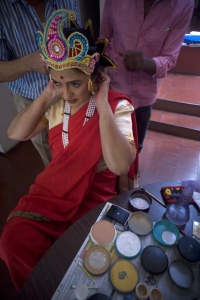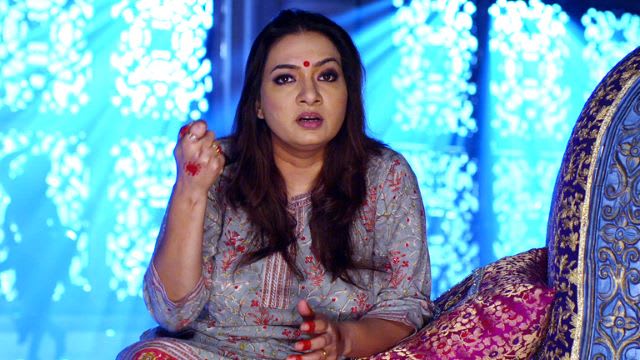
There’s a whole bit with Kaikeyi and her family, and how they devalue her abilities because she’s a woman. Her utilization of this bond magic to carve out a space for herself in a very sexist monarchy system is one of the better done plot lines.īut otherwise, there’s just…a lot going on here, and it doesn’t really tie together all that well. Kaikeyi, who never receives an answer to her prayers (not an entirely foreign concept, gods frequently listen and grant prayers in ancient Hindu texts), gains access to a magic of sorts that lets her visually see “bonds” between her and people she knows, and manipulate them as well. There are parts of this book that are very interesting.

This is the context into which this book lands–why does Kaikeyi do what she does? Who was she? She, with everyone else, loved Rama (who is held up as an example of the perfect man) so why did she eventually force Dasaratha to send Rama away?

I’m named after one of the main characters in this epic–Sita, Lord Rama’s wife, who is kidnapped by Ravana (thereby setting into motion the war that will fulfil Rama’s prophecy) during the time period when Rama is exiled to the forest after devious machinations by Kaikeyi. Rama was born to slay the King Ravana, of modern day Sri Lanka, who had through many years of penance and prayer amassed a horde of gifts from the gods making him essentially unbeatable. As the stories go, avatars are born every so often to rid the world of specific evils (one is due at some point in our current age, which is a disaster zone clearly so uh not sure what they’d be here to destroy). Kaikeyi tells the story of the third and youngest wife of King Dasaratha, king of Ayodha, and father of Lord Rama, one of the avatars (human incarnations) of Lord Vishnu, the divine embodiment of preservation (one of the trinity, with the other two being destruction and creation). I don’t know what it is! I think it’s because I know these epic tales very well, and I can see the plot points that have always made me go ughhhmehhhhehhhheThen again, there are many books that I read which I really enjoy because I feel like characters always do the thing that I think they should.

While I do think this book was major struggle city to get through for numerous plot-related issues, I’d like to give my standard disclaimer around books featuring South Asian protagonists or based on South Asian mythology: I am, unfortunately, a harder grader than I might be for stories based on other cultures.


 0 kommentar(er)
0 kommentar(er)
